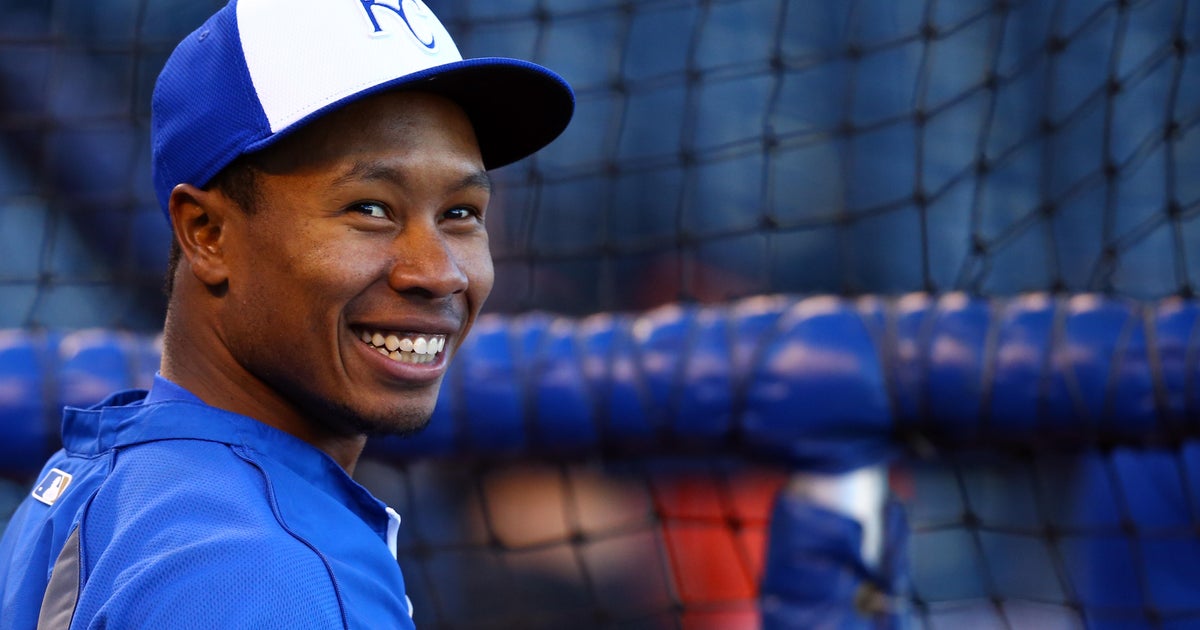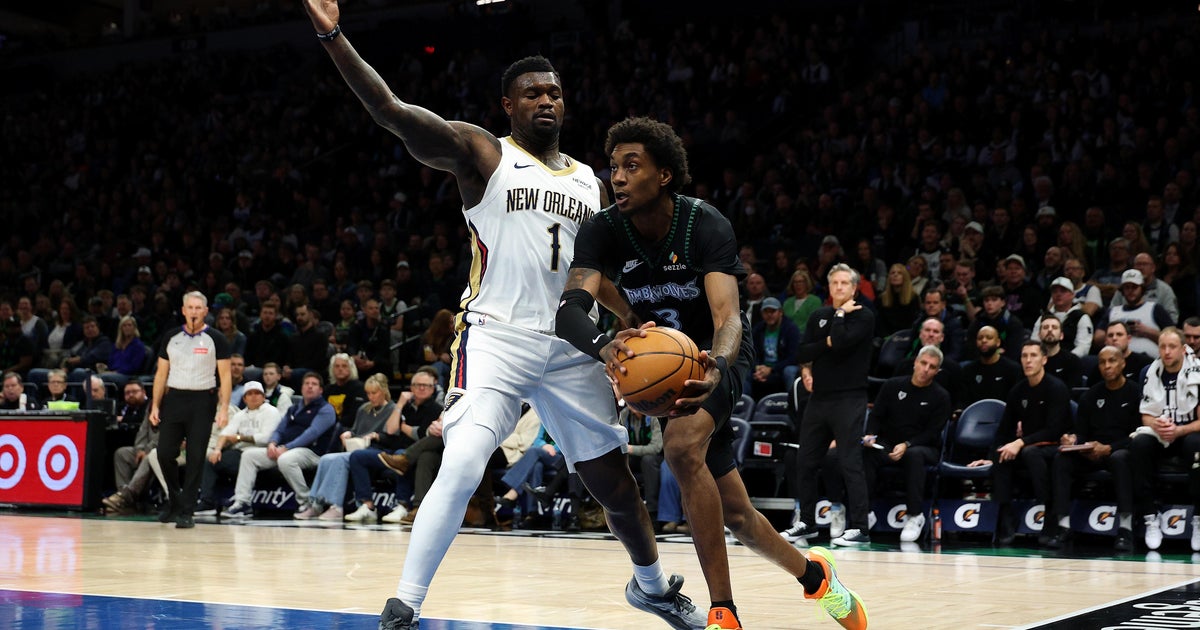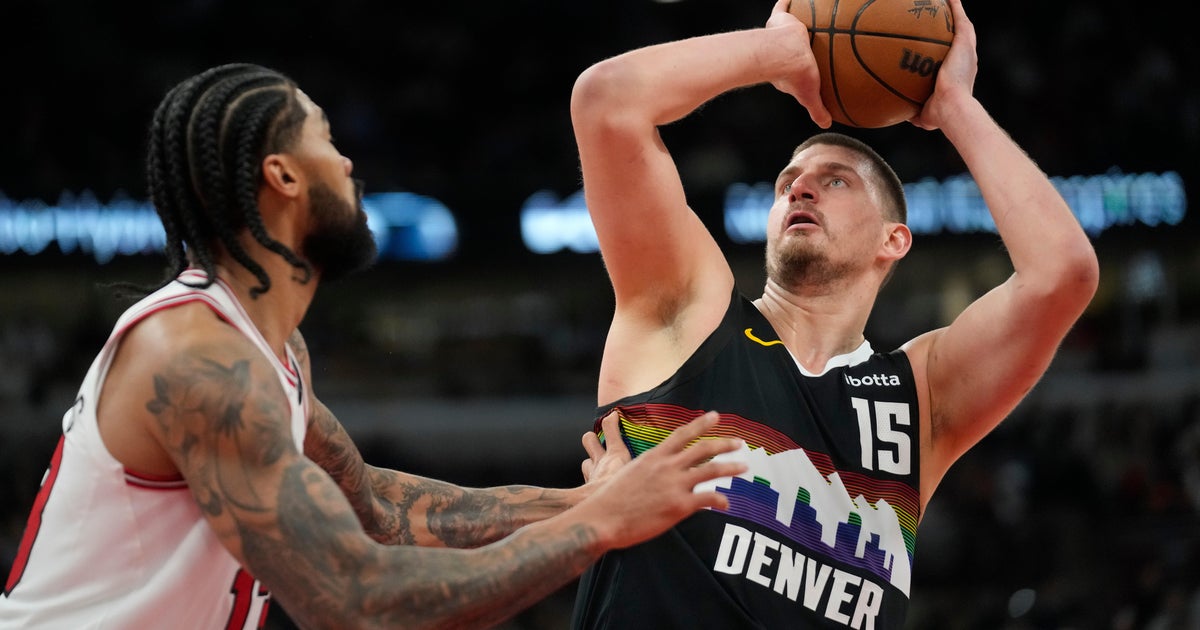Daniel Norris, His Own Worst Enemy, Tantalizing Tigers
By Will Burchfield
@burchie_kid
To understand the frustration surrounding Daniel Norris, look no further than Friday night.
On one hand, gobs of whiffs and a pile of strikeouts. On the other, far too many balls and a bevy of self-inflicted wounds. Norris struck out eight batters, but he also put three men on base for free and yielded five runs over 5 2/3 innings in a 5-3 loss to the Texas Rangers.
The five runs were earned, but they really weren't.
Take the third inning, when Norris allowed two runs on one hit. Most of the damage came via a walk, a hit batsman and then another walk, which forced home a runner from third. The Rangers later touched up Norris with a pair of long balls, including an absolute moonshot by Joey Gallo, but for the most part the young lefty was his own worst enemy.
"You can live with the solo homer and maybe at the end of your outing there's a two-run homer (because) you miss some pitches," Norris said. "Those are the one I can live with. But the ones that are on me, as far as walking a run in and what not, that's what keeps me up at night."
Said Tigers manager Brad Ausmus, "You're gonna give up home runs once in a while, but you gotta stay away from putting yourself in trouble. Two walks and a hit batter in one inning is tough to get out of without giving something up."
[RELATED: Tigers Want More From Norris, Who Wants More From Himself]
In what's become a theme this season for Norris, who's now 2-3 with a 4.81 ERA, a brief snafu in his mechanics cost him dearly.
"Something in my release point I kind of lost it (in the third inning), and I wasn't able to let the ball go like I usually do. Just felt like I was kind of guiding the ball. It seems like there's been a span of maybe two, three batters every start where I just lose it for a couple and it ends up hurting me, but it's more of a mental thing than anything for me," said Norris.
In that regard, experience is the only way to grow.
"The mental side of it isn't really something you can practice in between starts as far as in the bullpen. It's just when you get out there and the ball gets rolling you gotta find a way to eliminate that stretch of hitters where you kind of lose it. And for me, that's what hurt tonight," he said.
Ausmus and Norris talk frequently. They're almost always on the same page. When the pitcher is coming undone, the manager can sense it, his eyes as discerning from the dugout as they once were behind the plate.
"He lost command that one inning. The velocity came down, which leads me to believe he was guiding it and aiming it. The raw stuff, like normal, is very good. He's got very good raw stuff, he's just gotta be able to command it and throw strikes and get ahead of hitters on a consistent basis," Ausmus said.
Both home runs that Norris served up on Friday night -- the first to Mike Napoli, the second to Gallo -- came on 2-0 pitches.
"I gotta get ahead," Norris said. "2-0 counts are never a good place to be for a pitcher."
Said Ausmus, "You're not gonna get ahead of every single hitter. So when you get to 2-0 you gotta be able to execute a pitch that you can still get a strike on, whether it's through location or through movement, to get yourself back into the count."
To watch Norris pitch is almost to be teased. His talent shines in tantalizing bursts, the ball sometimes seemingly on a string. But the warts are off-putting, none more so than his erratic command. The 24-year-old has walked 21 batters in 43 innings this season.
"He's still very young. Young pitchers tend to go through this and it can take seasons where there's inconsistency in your command, inconsistency in your delivery, inconsistency in your release point. Obviously all those things are related, and it can come and go very quickly," said Ausmus.
On top of this physical challenge is a psychological one. Norris, calm and cool off when he's off the mound but wound-up when he's on it, is still learning how to channel his energy.
"Right now, he knows one gear. I think that's what you learn the longer you play, especially as a starting pitcher, there's gotta be a little bit of pace to your game," Ausmus said. "You want to take a little bit of the bull out of the china shop."
Norris has acknowledged the importance of mellowing himself out when the ball's in his hand. Breathe, he tells himself, calm down. But it's easier said than done.
"The emotion of a game can get to a young pitcher more frequently, it seems, than a veteran pitcher. At some point I think Daniel will reign it in. He'll harness the emotions, he'll have a consistent delivery and release point and he'll be a dominant pitcher because his raw stuff is dominant," said Ausmus. "Obviously we want to see it right away, I'd love it if it happened tomorrow, but developing baseball players, there's no timetable.
"Every person's a little bit different, some take longer than others."
It is clear how deeply Norris cares about his craft when he speaks after a loss. In a hushed voice and a beaten tone, he'll rue his mistakes and wonder why he couldn't have been better. It is not whiny or woebegone. It is not a search for sympathy.
It is a reflection of how much Norris expects of himself -- a standard that is fair given his natural ability.
Asked on Friday night if it's the inconsistency he's worried about, Norris pointed to something else.
"I'm worried about losing," he said. "I mean, there's good in every start, even in the bad ones, and I can probably look at that tomorrow. But right now it's just hard to take. I was looking forward to going out there and helping the team win, and I lost it for us. It's a bummer. But I'm sure there will be things to build on."







